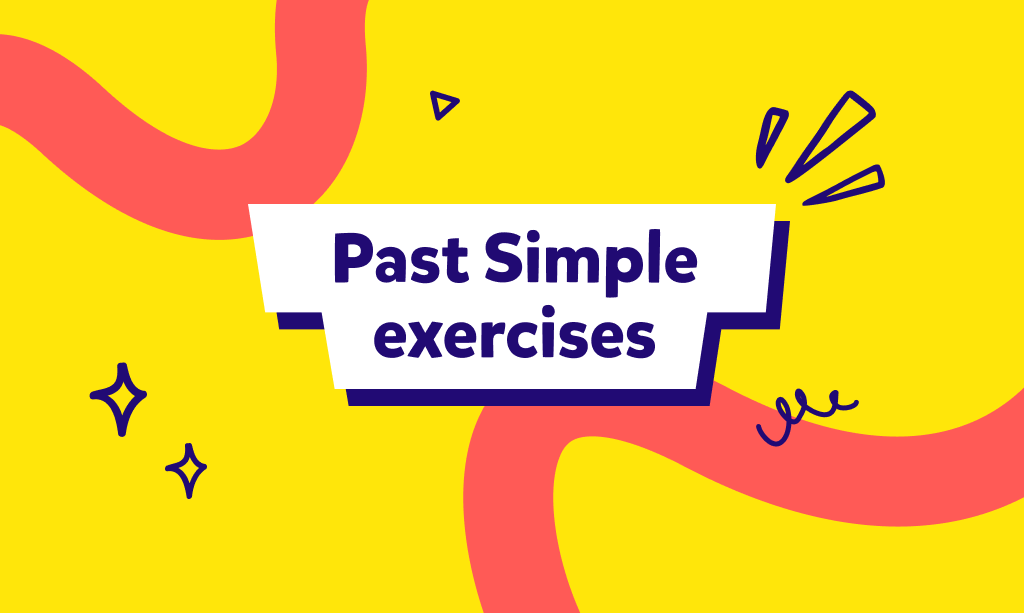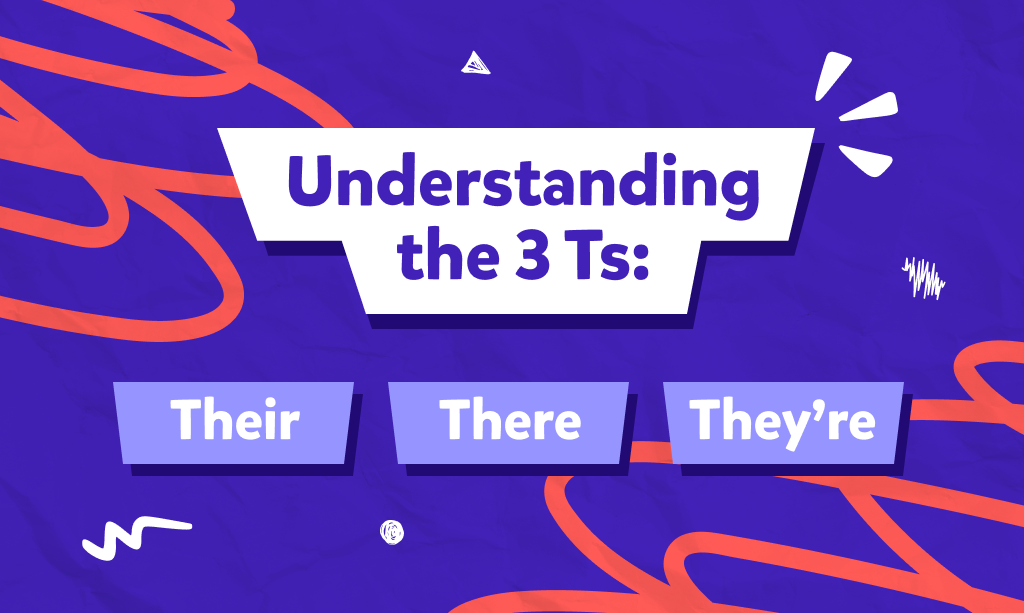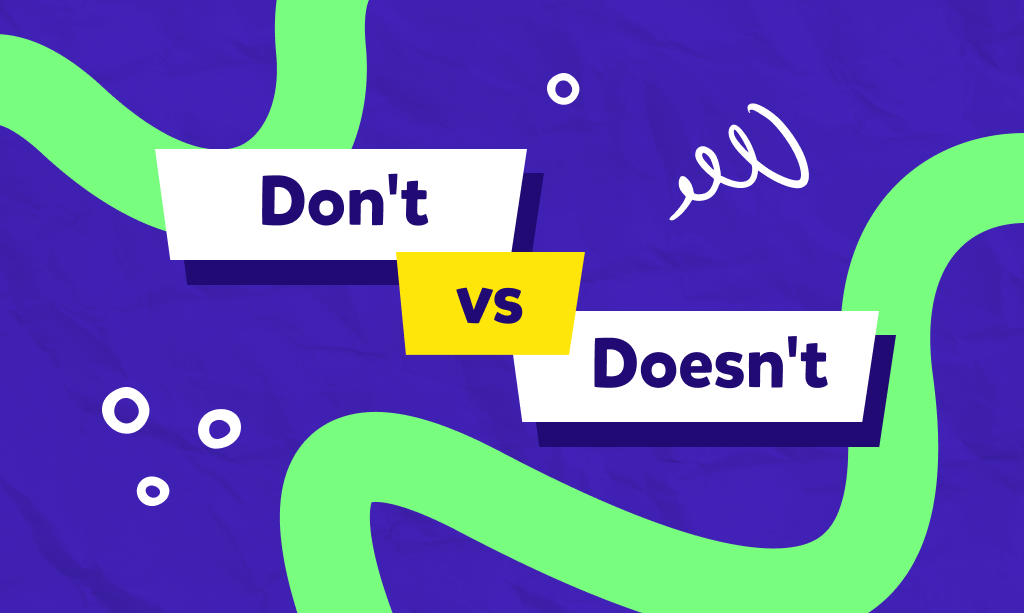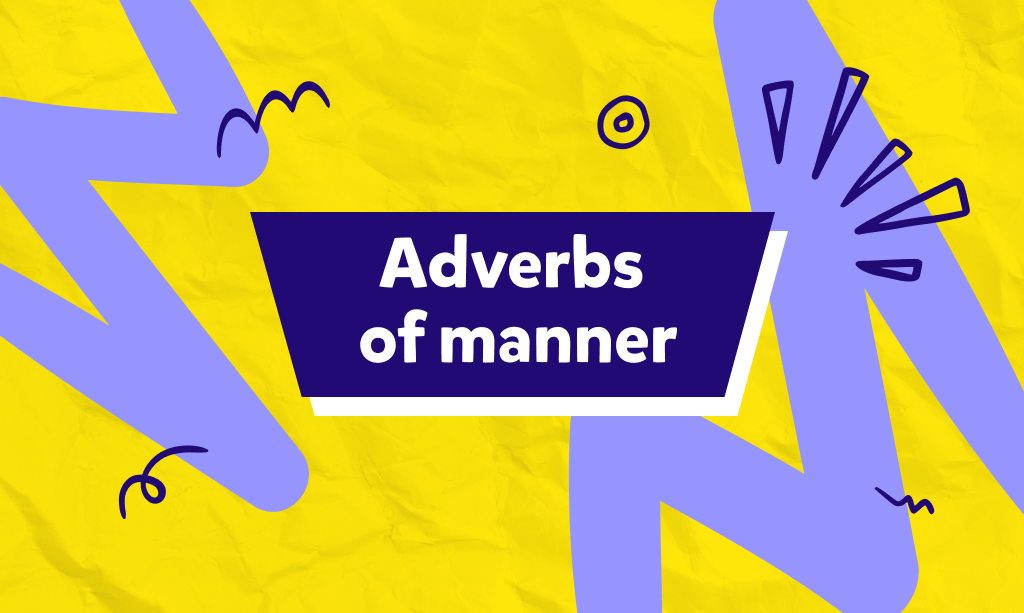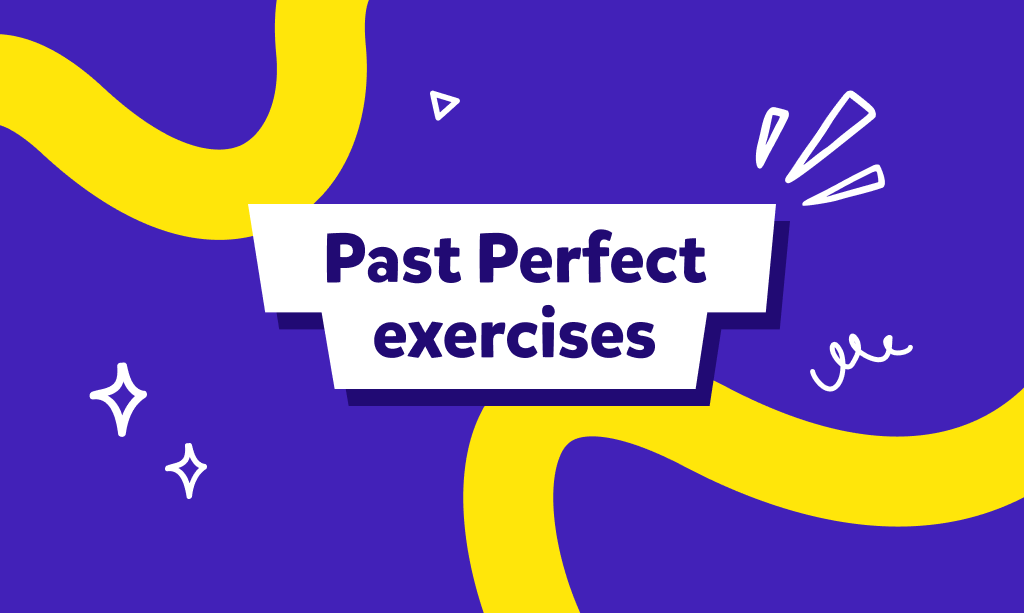- Past Simple praktyczne zadania do rozwiązywania
- Ćwiczenia "fill the gap"
- Ćwiczenia "wybierz poprawną odpowiedź"
- Ćwiczenia z dialogami
Past Simple (czas przeszły prosty) to gramatyczny czas w języku angielskim, który służy do opisywania czynności zakończonych w przeszłości, które miały miejsce w określonym czasie. Używamy go, gdy chcemy wskazać, że coś zdarzyło się, odbyło lub zostało wykonane w przeszłości, a czas ten często towarzyszą wyrazy wskazujące na przeszłość, takie jak „yesterday,” „last week,” czy „in 2010.”
Aby utworzyć zdanie w Past Simple, zazwyczaj dodajemy końcówkę -ed do czasownika (dla czasowników regularnych) lub używamy odpowiedniej formy bezokolicznika (dla czasowników nieregularnych).
Poniżej znajdziesz zestaw ćwiczeń z czasu Past Simple, który pomoże Ci utrwalić zastosowania tego czasu w różnych kontekstach oraz sprawdzić swoją wiedzę! Zaczynamy?
Past Simple praktyczne zadania do rozwiązywania
Ćwiczenia "fill the gap"
Uzupełnij zdania, wstawiając odpowiednią formę czasownika.
- Uzupełnij brakujące formy czasownika
He ___ (visit) his grandparents last weekend. 
visited
She ___ (not/like) the food at the restaurant. 
did not like
They ___ (watch) a movie together on Friday. 
watched
I ___ (not/finish) my homework last night. 
did not finish
We ___ (go) to the park for a picnic. 
went
You ___ (not/see) the exhibition last month. 
did not see
He ___ (play) guitar at the concert. 
played
She ___ (not/attend) the meeting yesterday. 
did not attend
They ___ (travel) to Spain for their vacation. 
traveled
I ___ (not/read) the book before. 
did not read
2. Uzupełnij zdania twierdzące, przeczące i pytające
I ___ (visit) my friends last weekend. 
visited
They ___ (not/watch) the game last night. 
did not watch
___ (he/come) to the party yesterday? 
Did he come?
We ___ (see) a great movie last week. 
saw
She ___ (not/finish) her project on time. 
did not finish
___ (you/meet) the new teacher last month? 
Did you meet?
He ___ (play) soccer with his friends. 
played
I ___ (not/like) the book I read. 
did not like
___ (they/go) on vacation last summer? 
Did they go?
She ___ (buy) a new dress for the occasion. 
bought
3. Uzupełnij brakujące formy czasowników modalnych
I ___ (can) finish the project on time. 
could
They ___ (not/should) have gone to that party. 
should not
___ (he/must) call his parents yesterday? 
Did he must?
They ___ (could) play the piano beautifully when they were younger. 
could
We ___ (not/need) to hurry last night. 
did not need
___ (you/might) see him at the event? 
Did you might?
He ___ (can) solve the problem easily. 
could
I ___ (not/know) about the meeting. 
did not know
___ (they/must) be at home last week? 
Did they must?
She ___ (could) swim very well as a child. 
could
Ćwiczenia "wybierz poprawną odpowiedź"
Wybierz poprawną odpowiedź, aby uzupełnić zdania.
1. Wybierz właściwą formę czasownika
She _______ to the new restaurant in town. (go) 
went
They _______ a great time at the party last night. (have) 
had
I _______ my keys yesterday. (lose) 
lost
We _______ a movie last weekend. (see) 
saw
He _______ to the gym every day last month. (go) 
went
She _______ her homework before dinner. (finish) 
finished
They _______ to the concert last week. (go) 
went
I _______ a delicious cake for my birthday. (bake) 
baked
We _______ a lot of fun at the amusement park. (have) 
had
He _______ a new car last month. (buy) 
bought
2. Dokończ poprawnie zdanie przeczące
She _______ the movie we watched last night.(like) 
did not like
They _______ to the beach last summer. (go) 
did not go
I _______ my project on time.(finish) 
did not finish
We _______ breakfast this morning. (eat) 
did not eat
He _______ his friends at the party. (see) 
did not see
You _______ the meeting yesterday. (attend) 
did not attend
My brother _______ football last weekend. (play) 
did not play
She _______ her grandparents last month. (visit) 
did not visit
They _______ the lesson. (understand) 
did not understand
I _______ your message. (receive) 
did not receive
3. Odpowiedz poprawnie na pytanie
Did she finish her homework? 
Yes, she did.
Did they play soccer last weekend? 
Yes, they did.
Did you see the new movie? 
Yes, I did.
Did he call you yesterday? 
Yes, he did.
Did we have a meeting last week? 
Yes, we did.
Did she visit her grandparents? 
Yes, she did.
Did they enjoy the concert? 
Yes, they did.
Did you eat breakfast this morning? 
Yes, I did.
Did he take the train? . 
Yes, he did
Were you at the party last night? 
Yes, I was.
Ćwiczenia z dialogami
Przeczytaj poniższe zdania i uzupełnij luki.
Dialogi do uzupełnienia:
Osoba A: When ___ (you/visit) Paris?
Osoba B: I ___ (go) there last summer.
Osoba A: What ___ (happen) at the party last night?
Osoba B: I ___ (meet) some interesting people and ___ (dance) a lot.
Osoba A: ___ (you/see) the new movie yesterday?
Osoba B: No, I ___ (not have) time to go.
Osoba A: Why ___ (you/not/finish) your homework?
Osoba B: I ___ (work) on it all evening, but I got tired.
Osoba A: How many books ___ (you/read) last month?
Osoba B: I ___ (read) three books in total.
Sprawdź odpowiedzi w załączonym kluczu.
Odpowiedzi 
- did you visit | went
- happened | met | danced
- did you see | did not have
- did you not finish | worked
- did you read | read
Mamy nadzieję, że powyższe przykłady i zadania pomogły Ci w lepszym zrozumieniu czasu Past Simple. Jeśli Twoje dziecko chce rozwijać swoje umiejętności językowe, zapraszamy do odkrywania z nami innych czasów przeszłych, takich jak Past Continuous czy Past Perfect.
Warto regularnie ćwiczyć, aby utrwalić zdobytą wiedzę i zwiększyć pewność siebie w używaniu języka angielskiego. Zapisz swoje dziecko do szkoły językowej online Novakid, gdzie w przyjaznej atmosferze nauczy się nie tylko gramatyki, ale także płynnej komunikacji. Skorzystaj z darmowej lekcji próbnej angielskiego online i przekonaj się, jak wyglądają nasze zajęcia!
































